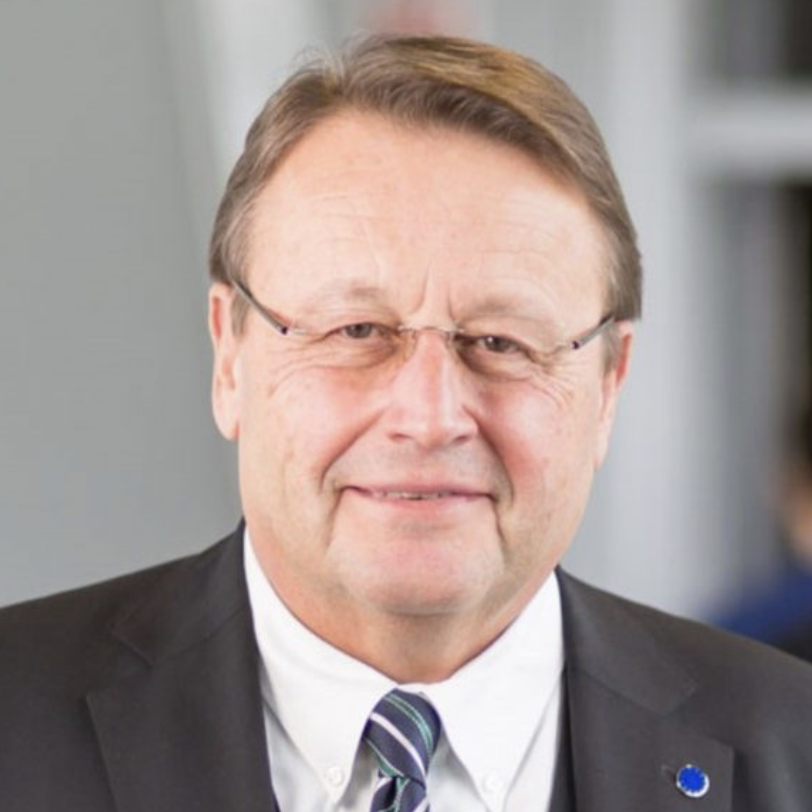Water for better life
Water is one of the basic elements of life as well as the most precious resource and is under mounting pressure from growing domestic demand, economic activities, urban development, and climate change. Ensuring access to clean water for all is an essential element of the world we want to live in. There is sufficient fresh water on the planet to achieve this, yet around 663 million people are still lacking access to it and at least 1.8 billion people globally use a source of drinking water that is contaminated. Access to sustainable and clean water must become a human right in every country. We, as Small and Medium Entrepreneurs (SMEs), experts of the branch, are willing to contribute to finding solutions, settle projects, build networks of knowledge and support better water policy regulations in Europe and worldwide.
We, as SMEs, are strongly related to our families, our home regions, and traditions – we are thinking sustainable for the future of our families. Only by thinking ahead and global we can create security and prosperity for our loving once. For us, water is not just business but much more – it is life! This is the mission of our initiative and the work of our group.



